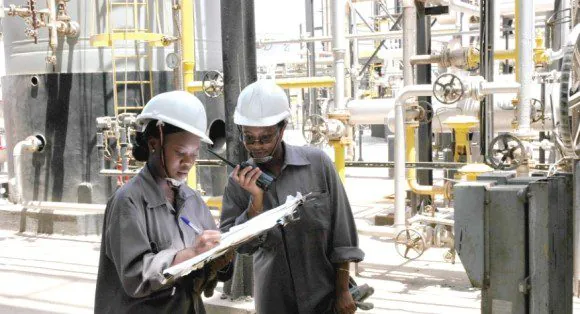Economist Intelligence Unit (EIU) has disclosed its expectation for inflation to end the year at 38.1 percent on the average, despite a slowdown in monthly inflation over most of the period.
According to the EIU, the upward domestic price pressures will be triggered in part by pass-through effects of sustained depreciation and the introduction of new taxes, including a rise in the Value Added Tax (VAT) rate and excise duties.
“We expect inflation to rise further on average in 2023 to 38.1%, with inflation having declined to a (still very high) annualized 45% in March, from 52.8% in February [2023].”
Economist Intelligence Unit
The UK-based firm however expects inflation to average 10.9% a year between 2024 and 2027, falling into the lower half of the Bank of Ghana’s target range of 6-10% in 2027.
“This will reflect waning supply-side price pressures as global commodity prices decline.”
Economist Intelligence Unit (EIU)

Inflation for March 2023 fell sharply to 45%, influenced by some deflation of items in both the Food and Non-Alcoholic Beverages group and Non-food inflation.
The drop was significant due to the level of increase recorded few months ago, after it declined to 52.8 % in February 2023. However, this may not translate to ease in lending rates anytime soon, as inflation still remains high.
According to the data from the GSS, Food inflation fell by 8.3% in March 2023 to 50.8%. Also, Non-food inflation fell to 40.6% in March 2023, from 47.9% in February 2023.
Ghana’s Current Account Deficit To Narrow To 1.9% In 2023
Meanwhile, as projected by EIU, Ghana’s current account deficit is expected to narrow to 1.9% of Gross Domestic Product in 2023.
The UK based firm is also forecasting a further drop in the current account to 1.1% in 2024 as international prices for refined fuel imports decline from their 2022 peak, whilst contracting domestic demand in 2023, and more stringent regulations on imports suppress the import bill.
“The deficit will however widen in 2025-27, reaching 2.7% of GDP in 2027, as the primary income deficit grows. Although export earnings from gold and cocoa (which are among Ghana’s major commodities) will rise, revenue from oil exports will fall in 2023-24 as oil prices decline from peak 2022 levels, narrowing the trade surplus.”
Economist Intelligence Unit

EIU continued that the trade surplus will widen in 2026-27 as growth in export receipts, driven by a strong rise in oil and gold output, exceeds growth in the import bill.
Commenting on the services account, EIU disclosed it will also remain in deficit in 2023-27, given the expenditure on technical services for hydrocarbons and mining projects.
“However, the deficit will narrow gradually as a proportion of GDP as the tourism sector recovery picks up in 2025-27.”
Economist Intelligence Unit
EIU further stated that the primary income deficit/GDP ratio will rise in 2023, reflecting rising profit repatriation (especially by gold firms), and fall in 2024.
“It will then rise again in 2025-27 as repatriation by oil and mining companies increases in line with new projects coming on stream. Additionally, the secondary income account will continue to post large surpluses, buoyed by inflows of workers’ remittances. The deficit will be primarily financed by short-term borrowing.”
Economist Intelligence Unit
Read also: EIU Predicts the Cedi to Depreciate By 30% By the End of 2023





















